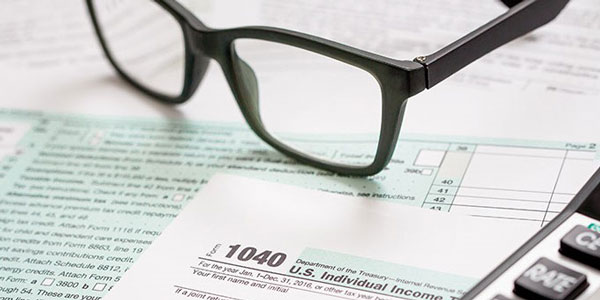There are financial advantages that come with being in a domestic relationship. There are a lot of critical distinctions between a domestic partnership and a marriage, and both types of relationships have their own set of benefits. Which option is best for you will depend on the specifics of your situation and your preferences.
Difference Between A Domestic Partnership And Marriage
Domestic Partnership
- It is not always easy to divide the rewards of retirement.
- It's possible that you won't be able to use your partner's health insurance.
- There are no one-of-a-kind transfers of assets.
- You won't be subject to the so-called "marriage tax" penalty.
- It's possible that you won't get survivor benefits.
- A divorce does not provide any shelter from financial hardship.
Marriage
- It is less difficult to qualify for spousal retirement benefits.
- You will be eligible for spousal health insurance coverage.
- In most states, you are free to transfer an unlimited amount of assets.
- Both the basic deduction and the exemption from the gift tax will be increased for you.
- You will be eligible for benefits upon the passing of your spouse.
- Divorce gives financial safety.
Sharing Health and Retirement Benefits
Spousal individual retirement accounts (IRAs) are available to married partners, and if one partner passes away, the other partner's IRA may be rolled over into the survivor's own IRA. Regarding collecting spousal benefits from Social Security, they also have greater flexibility than domestic partners. If you are married, you will most likely also be eligible for coverage under your spouse's health insurance plan. This is a perk that's very normal for married couples to get.

The process of domestic partners sharing retirement benefits may be somewhat more convoluted, and you may have to pay extra taxes. There is also a possibility that the health insurance provided by your partner's company may not cover your medical expenses. If you do get coverage, the value of your partner's health insurance may be considered a taxable benefit under certain circumstances.
Tax Benefits
Because married couples are eligible for several tax breaks, this time of year may decide to get married seem more appealing. Your itemised deduction is now twice as significant as when you filed as an individual. Gift and estate taxes do not apply to passing an infinite amount of assets from one spouse to another within the same marriage. However, the "marriage tax" penalty is not used for domestic partners. When filing their taxes, married couples who make the same amount are often punished since they tend to move up to a higher tax bracket more rapidly. It is the antithesis of the so-called "marriage bonus," which occurs when one partner in a couple earns much less than the other. This causes the increase in tax brackets to be delayed.
Survivor Benefits
You are in a lot better position financially if you are married and your spouse dies without leaving a will. A marital partner has the right to inherit at least some of their dead spouse's property in every state. This right is universally recognised. If one of the partners in a domestic partnership dies away, the other partner may or may not be entitled to death, pension, or survivor benefits, depending on the state.
Safeguarding of Assets
If you are legally married, you will have a greater chance of avoiding financial hardship if your marriage ends in divorce. You will have the right to a share in the split of the marital assets, and there is also the possibility that you may get spousal support.
State Recognition
The fact that rights may vary widely from one state to the next is perhaps a domestic partnership's most significant downside. Domestic partnerships are recognised in some jurisdictions, including the District of Columbia, California, Hawaii, Maine, Nevada, New Jersey, Oregon, Washington state, and Wisconsin, among others. Some people do not. The regulations may also change from city to city. Because the absence of domestic partnership rights may sometimes have a significant impact on one's financial situation, the location in which one resides should be considered concerning this crucial aspect.

Which Is the Best Option for You?
Whether to get into a domestic relationship or to be married is very personal, and the answer will primarily be determined by the rules of the state where you now reside. It takes a little bit more work and planning to secure all of the possible financial benefits of a domestic partnership than it does of a marriage, so before you decide to go that route, make sure that you discuss everything with a lawyer who is familiar with the laws of your state and your community.







